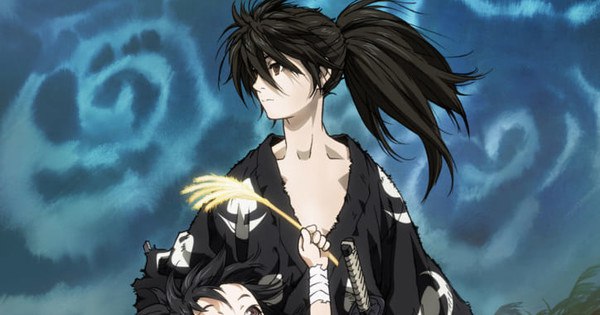Ani-One Asia Launches 'Dororo' Anime Streaming in India
Discover the thrilling second anime adaptation of Osamu Tezuka's classic manga, Dororo, premiering January 2019—an epic journey into darkness and heroism.

Dororo is a Japanese manga series created by Osamu Tezuka, first serialized in 1967. The story follows Hyakkimaru, a young samurai who embarks on a journey to reclaim his stolen body parts from demons, accompanied by the orphaned thief Dororo. This tale has been adapted into two notable anime series:
1969 Anime Adaptation
The original anime adaptation aired in 1969, produced by Mushi Production. This 26-episode series was presented in black and white, a result of budget constraints, which added to the eerie atmosphere of the demons depicted. The series was directed by Gisaburou Sugii, with music composed by Isao Tomita. (en.wikipedia.org)
2019 Anime Adaptation
The second adaptation premiered in January 2019, produced by MAPPA and Tezuka Productions. This 24-episode series was directed by Kazuhiro Furuhashi, with Yasuko Kobayashi overseeing the series scripts. The animation was handled by MAPPA and Tezuka Productions, with music composed by Yoshihiro Ike. The opening theme "Kaen" (Flame) was performed by Ziyoou-vachi, and the ending theme "Sayonara Gokko" (Make-Believe Goodbye) was performed by amazarashi. The series was well-received, praised for its character development and storytelling. (en.wikipedia.org)
Streaming Availability
As of June 2025, the 2019 anime adaptation of Dororo is available for streaming on platforms such as Amazon Prime Video and HIDIVE. The 1969 adaptation, however, has limited availability and may not be accessible on mainstream streaming services. (sportskeeda.com)
Live-Action Film
In addition to the anime adaptations, a live-action film titled "Dororo" was released in Japan in 2007, starring Kou Shibasaki and Satoshi Tsumabuki. The film offers a different interpretation of the original manga's story. (en.wikipedia.org)
For those interested in exploring the rich world of Dororo, both the 1969 and 2019 anime adaptations, as well as the live-action film, provide unique perspectives on Tezuka's original work.